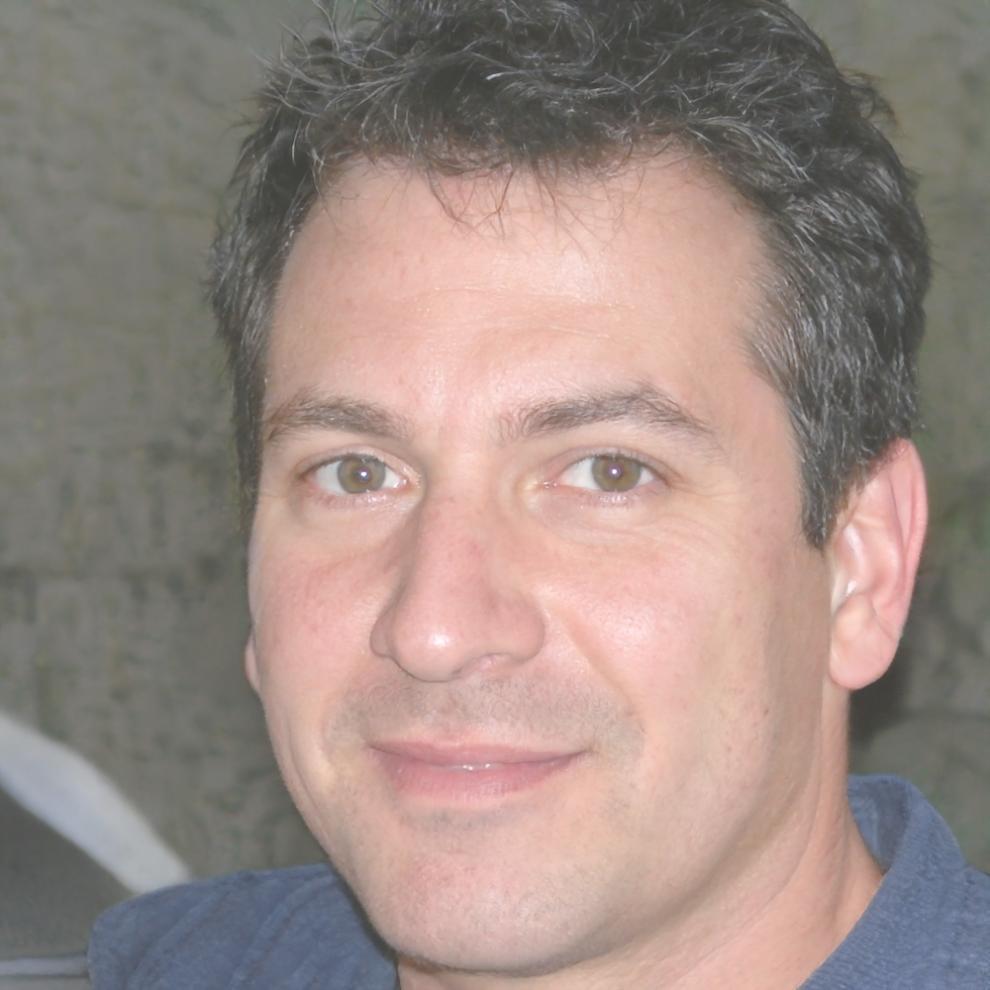
Marcus Chen
CFO, Regional Manufacturing
"The forecasting skills our team developed in
2023 continue paying dividends. We've
successfully navigated two major supply chain
disruptions because our cash flow models gave
us early warning indicators. The training
investment keeps delivering value."
24-Month Progress
Completed program late 2023, applied
techniques through 2024 economic
uncertainty, now mentoring other
departments in strategic financial
planning

David Rodriguez
Finance Director, Service Company
"We implemented the program in early 2024,
and by year-end, our budget accuracy had
improved substantially. More importantly, our
executive team now makes expansion decisions
based on solid financial modeling rather than
gut instinct."
18-Month Journey
Initial training completed Q1 2024,
applied during rapid growth phase,
currently expanding program to additional
business units

Samuel Foster
Operations Manager, Distribution
"The program taught us to think about
forecasting as an operational tool, not just
a finance department responsibility. Our
inventory management and logistics planning
have become much more sophisticated as a
result."
Sustained Application
Program completed mid-2023, skills
integrated into daily operations, team now
develops quarterly forecasts independently




